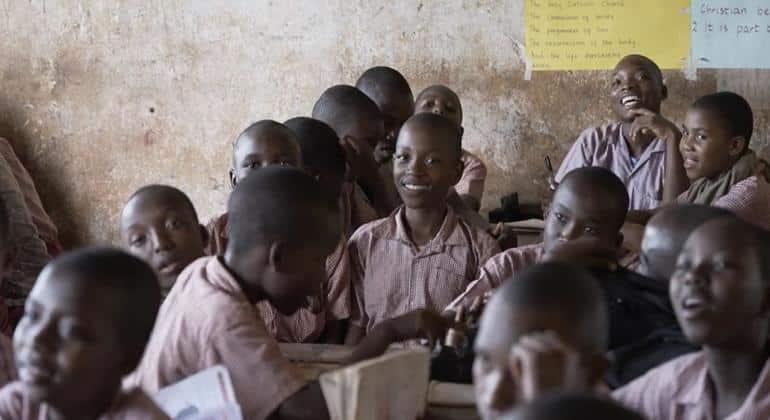Since the adoption of the Sustainable Development Goal on education in 2015, the global educational landscape has undergone a significant shift. The increase of 110 million enrolled children and adolescents reflects significant progress, reaching record numbers in school attendance. However, the alarming figure of 250 million children still out of school reveals a concerning reality of persistent inequalities in the field of education, according to a recent report published by UNESCO.
The Global Education Monitoring Report 2024 highlights that, although completion rates have improved —with over 40 million young people completing secondary education since 2015— progress towards universal enrollment has reached a standstill. In nearly a decade, the out-of-school population has barely decreased by 1%, raising significant concerns among education experts.
Audrey Azoulay, Director-General of UNESCO, emphasized that education is “the fundamental engine of prosperous, inclusive, and peaceful societies.” However, she warned that without decisive action, quality education could become a privilege reserved for a minority. Despite advancements in school enrollment, disparities among different population sectors remain pronounced.
The report underscores a concerning disparity among countries of different income levels. While in low-income countries, a staggering 33% of school-age children and youth are out of the education system, in high-income countries, this figure drops to 3%. Sub-Saharan Africa faces the greatest challenges, home to over half of the world’s out-of-school children and adolescents.
In addition to access issues, insufficient financing presents a significant obstacle to achieving universal enrollment. On average, high-income countries invest $8,543 per student, while low- and middle-income countries allocate only $55, perpetuating a cycle of educational inequality.
The financial situation is further complicated by the mounting debt burden many countries face. In Africa, debt servicing expenditure is starting to rival that allocated to education, and international aid to this sector has decreased, dropping from 9.3% in 2019 to 7.6% in 2022.
To address this issue, UNESCO, along with the Brazilian G20 presidency, has proposed exploring innovative financing mechanisms, such as debt swaps for education. This proposal will be a central topic of discussion at the UNESCO World Education Meeting in Fortaleza, Brazil, where over 40 Education Ministers will convene to ratify the Fortaleza Declaration. This final document will urge prioritizing education as a key tool for a sustainable and just future.
The declaration also calls for innovative educational approaches that respond to current challenges, such as the inclusion of climate education in curricula, the promotion of peace education in a backdrop of hate incitement and discrimination, and the affirmation of gender equality within and through education.
Referrer: MiMub in Spanish












